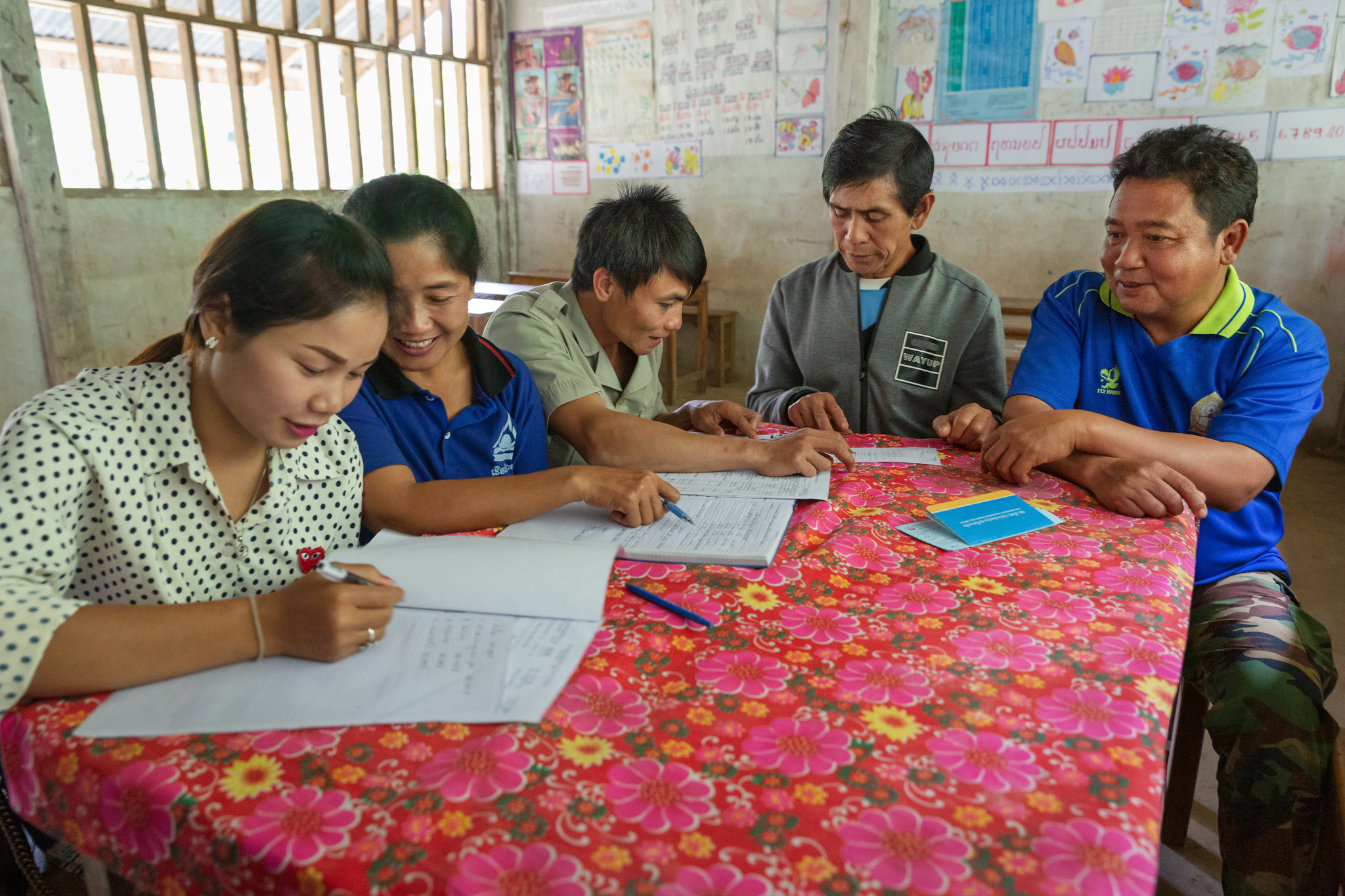
In the context of its extension until 2027, the Global Partnership for Education (GPE) Knowledge and Innovation Exchange (KIX), a joint endeavour with Canada’s International Development Research Centre (IDRC), is offering costed extensions to a selection of current applied research projects. Following a competitive process, the project Data must speak about positive deviance approaches to learning is among those selected.
Background
A multi-pronged global learning crisis has only been worsened by the COVID-19 pandemic. However, this crisis affects schools differently, revealing an implementation gap between policies and practice. In any given education system, varying learning, retention and equity outcomes can be observed. Education data remain vastly underutilized in understanding why certain schools – positive deviant schools – are performing better than their peers in similar contexts with equivalent resources.
This research leverages mixed-methods, positive deviance, behavioural sciences, and implementation research to respond to the learning crisis by identifying and scaling up already-implemented local solutions.
Results to date
In addition to building capacity within partner Ministries of Education (MoEs), the co-creation process has aligned this project’s research objectives with each partner country’s priorities. The research has informed formal education sector planning processes, including the Education Sector Analysis and Education Sector Plan in Nepal and Zambia. It has also been used to inform the formulation of the UNICEF Country Programme Document in Togo and the World Bank education investment in Zambia. More specifically, Ministry colleagues have acknowledged the value of the information that can be derived from existing datasets at little or no additional cost. Partner governments have demonstrated commitment through follow-up actions like mobilising their resources to continue strengthening their data systems and increasing the use of data they already collect, extending beyond the life of this project. For example, in Côte d’Ivoire, based on the experience of undertaking Data Must Speak (DMS) Stage 1, the MoE is convening a technical team to establish unique and stable school identifiers for all preschools, primary and secondary schools. They aim to facilitate the follow-up of cohorts of students through multiple years. In Ghana, the MoE has incorporated DMS recommendations into its application for a GPE Systems Capacity Grant (SCG) to create unifying school codes, recognising that doing so can produce a powerful longitudinal dataset to track progress and identify trends over time.
Upcoming Plans
The extension will allow demand-driven adaptations based on lessons learned during the first research phase, including, intensive multi-day co-creation sessions encouraging frank technical discussions and hands-on exercises, and producing accessible and timely research products to inform policy windows in response to specific demands from country partners. This will include applying the DMS methodology to new national assessments in Ghana, merging datasets on factors influencing school performance in Burkina Faso, and building Ethiopia’s internal MoE capacity to analyse trends across multiple years.
Further details on the project and updates can be found here.
